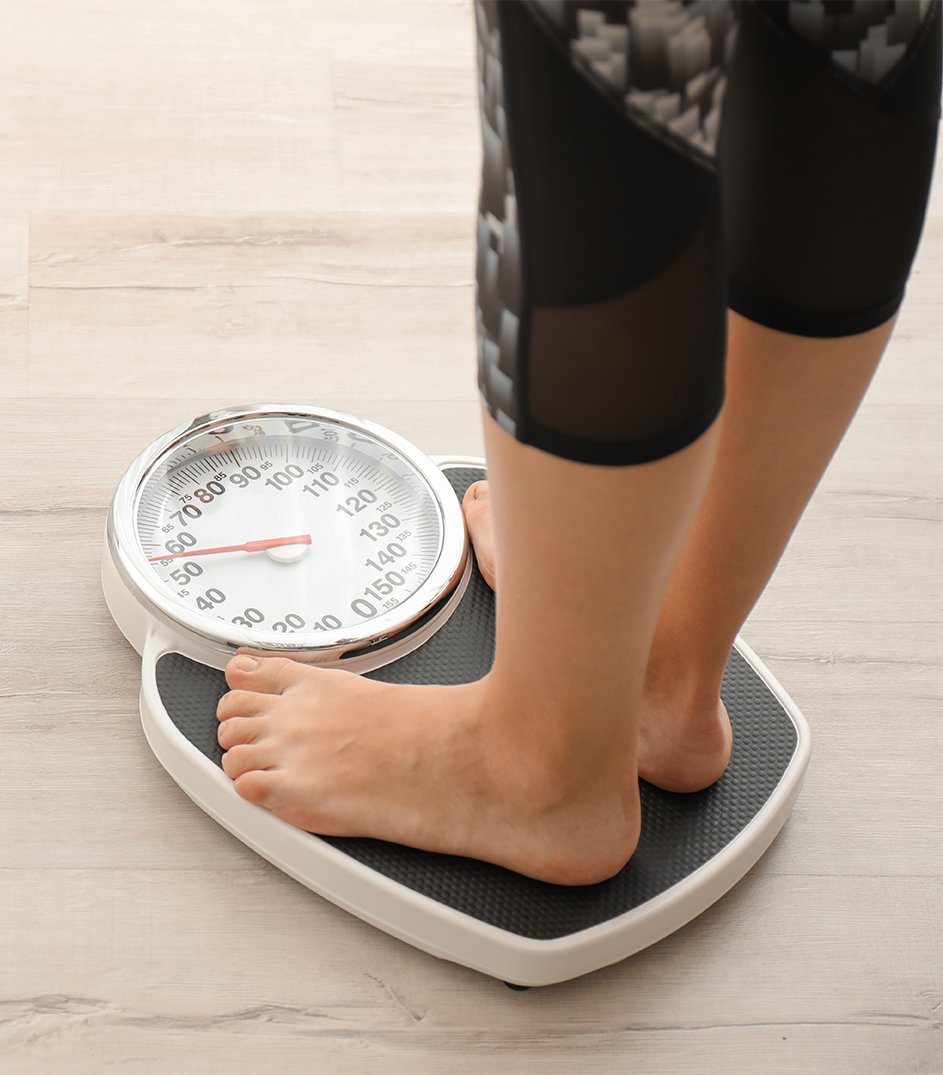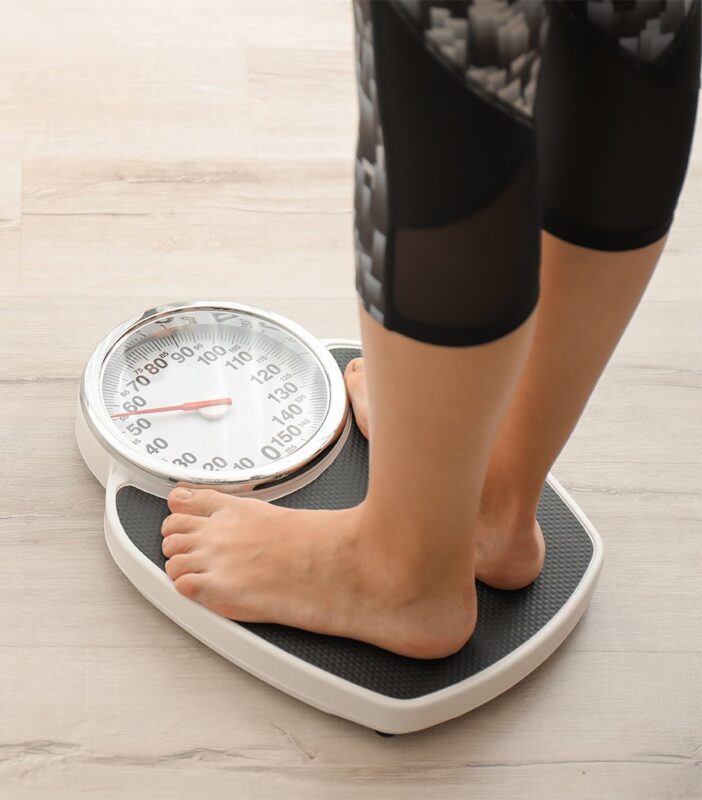 Measuring someone’s total mass on a set of scales has been a big part of body composition measurement over the years. Weight is used in the BMI equation to help classify an individual’s risk of a range of cardiovascular and metabolic risks. It has been used as a method to track progress by the general public to assess changes in their body composition. Is it really helpful or is it more of a hindrance in informing people about their body composition?
Measuring someone’s total mass on a set of scales has been a big part of body composition measurement over the years. Weight is used in the BMI equation to help classify an individual’s risk of a range of cardiovascular and metabolic risks. It has been used as a method to track progress by the general public to assess changes in their body composition. Is it really helpful or is it more of a hindrance in informing people about their body composition?
BMI is a useful tool in research tool for assigning people to groups, but it does not take into consideration fat and lean muscle tissue. For example, a professional rugby player may have healthy amounts of fat tissue but is classified by as obese by the BMI equation.
When you weigh yourself, you are weighing all body tissues. Factors such as food, digestion clothing, levels of hydration, bowel contents and any exercise can all impact the measurement of your weight.
Weighing yourself does not make the important differentiation between two very important tissues, fat and lean tissue. You cannot set goals based on total mass (weight) as you are not getting the full picture. For example, if you were informed by BMI your goal weight is 65kg and your current weight is 81kg (25kg of fat mass and 56kg of fat free mass) it is impossible for you to be 65kg. You would have to decrease your fat mass by 16kg to attain a 65kg goal weight. This is completely unrealistic as reaching and maintaining 9kg of fat mass is very difficult, even for professional athletes.
Weighing yourself on the scales does not give you the full picture. Methods such as DEXA can give you much more specific information about your body composition that can help you formulate goals specifically designed for you.
Timothy Hanson AEP ESSA
Exercise Physiologist

